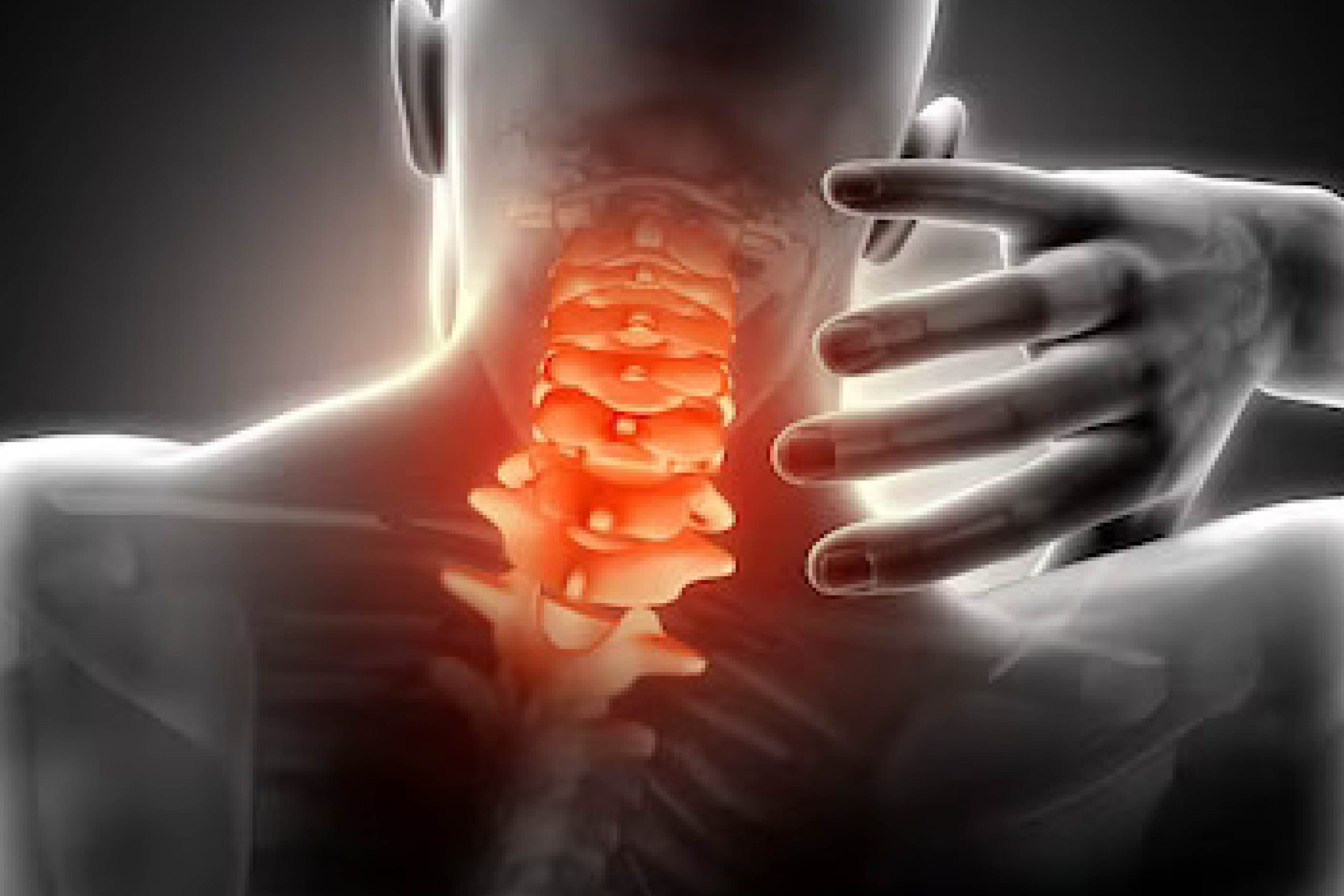Neck Pain

Overview
Neck pain can be caused by various factors including muscle strain or sprain, herniated disc, arthritis, pinched nerve, or injury. Applying ice or heat, practicing good posture, regular exercise, massage, and taking pain relievers can help alleviate neck pain. However, if the pain persists or is severe, it’s important to seek medical attention.
Neck pain can be a very uncomfortable and debilitating condition. There are several potential causes of neck pain, including:
- Muscle strain or sprain: This can occur from poor posture, sleeping in an awkward position, or sudden movements that strain the muscles.
- Herniated disc: This occurs when the soft, gel-like center of a spinal disc protrudes through a tear in the tougher outer layer, causing pressure on nerves in the neck.
- Arthritis: This can cause the joints in the neck to become inflamed and painful.
- Pinched nerve: This can occur when a nerve in the neck is compressed or irritated, leading to pain, numbness, or weakness in the neck or shoulders.
- Injury: Whiplash is a common injury that can cause neck pain, typically from car accidents or other sudden movements.
To alleviate neck pain, you may consider the following:
- Apply ice or heat: Applying ice or heat to the affected area can help reduce inflammation and ease pain.
- Practice good posture: Maintaining good posture can help prevent neck pain from occurring in the first place. Make sure your workspace is ergonomic, and avoid hunching over your phone or computer.
- Exercise regularly: Engaging in regular exercise can help keep your muscles strong and flexible, reducing the likelihood of neck pain.
- Massage: Gentle massage can help loosen up tight muscles and ease pain.
- Take pain relievers: Over-the-counter pain relievers like ibuprofen or acetaminophen can help reduce pain and inflammation.
If your neck pain persists or is severe, it’s important to consult with a healthcare professional for further evaluation and treatment.
Symptoms
Pain and stiffness in the neck
This can range from a dull ache to sharp, stabbing pain.
Limited range of motion
You may find it difficult to move your neck in certain directions or experience pain when doing so.
Headaches
Neck pain can sometimes cause headaches, particularly at the base of the skull.
Numbness
If a nerve in the neck is compressed, you may experience numbness, tingling, or weakness in your arms or hands.
Muscle spasms
You may experience involuntary muscle contractions or spasms in your neck or shoulders.
Swelling
In some cases, the area around the neck may be swollen or tender to the touch.
Treatments
The treatment of neck pain depends on the underlying cause, severity of the pain, and other individual factors. Some common treatment options include:
- Rest: Resting the neck can help reduce pain and inflammation, particularly in the case of muscle strain or sprain.
- Physical therapy: This can help strengthen the muscles of the neck and improve range of motion.
- Medications: Over-the-counter pain relievers like ibuprofen or acetaminophen can help reduce pain and inflammation. In some cases, muscle relaxants or prescription pain medication may be needed.
- Heat or ice therapy: Applying heat or ice to the affected area can help reduce pain and inflammation.
- Massage or chiropractic care: These therapies can help relieve muscle tension and improve range of motion.
- Injections: Steroid injections or nerve blocks may be used in cases where conservative treatments have not been effective.
- Surgery: In rare cases, surgery may be necessary, particularly if the neck pain is caused by a herniated disc or other structural issue.
It’s important to work with a healthcare professional to determine the best course of treatment for your specific condition. In addition, practicing good posture, regular exercise, and stress management techniques can help prevent neck pain from occurring in the first place.
Neck pain can be caused by various factors including muscle strain or sprain.
- Pain and stiffness in the neck
- Limited range of motion
- Headaches
- Numbness





